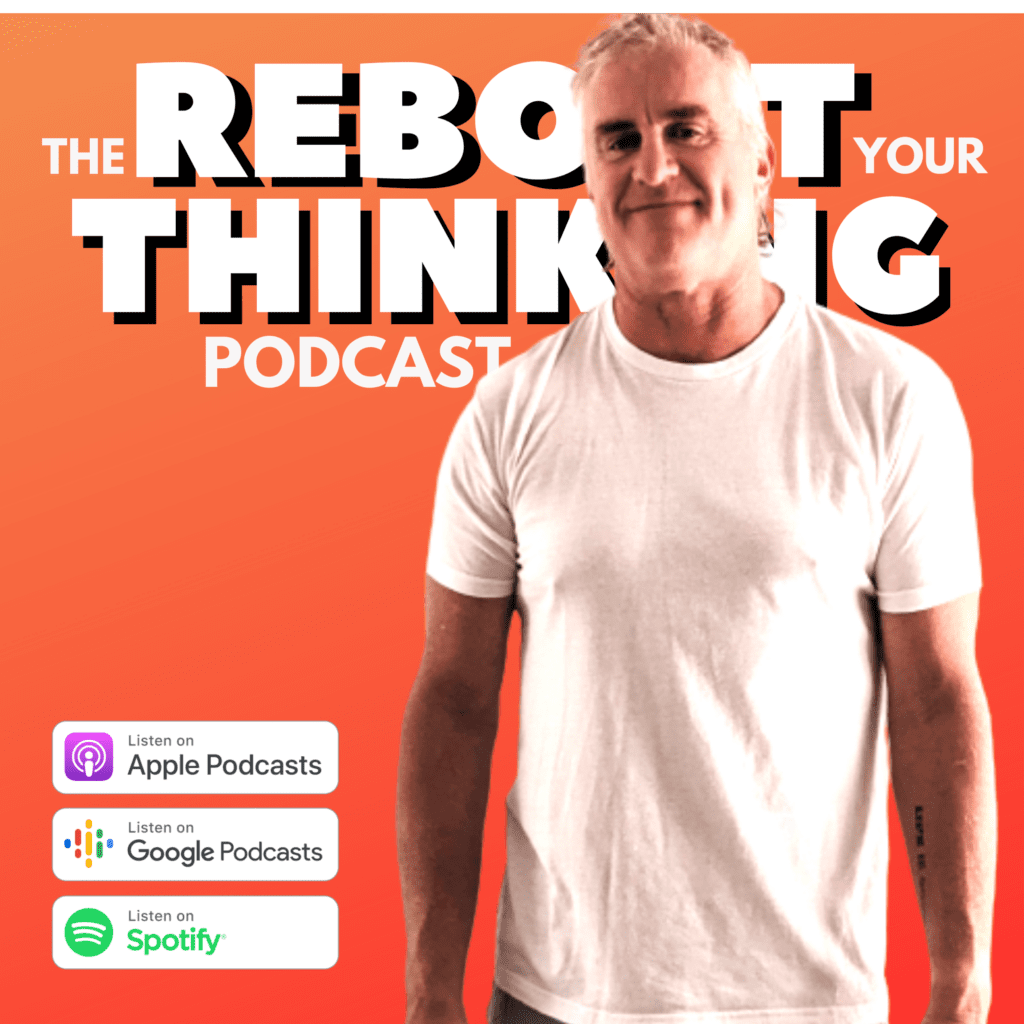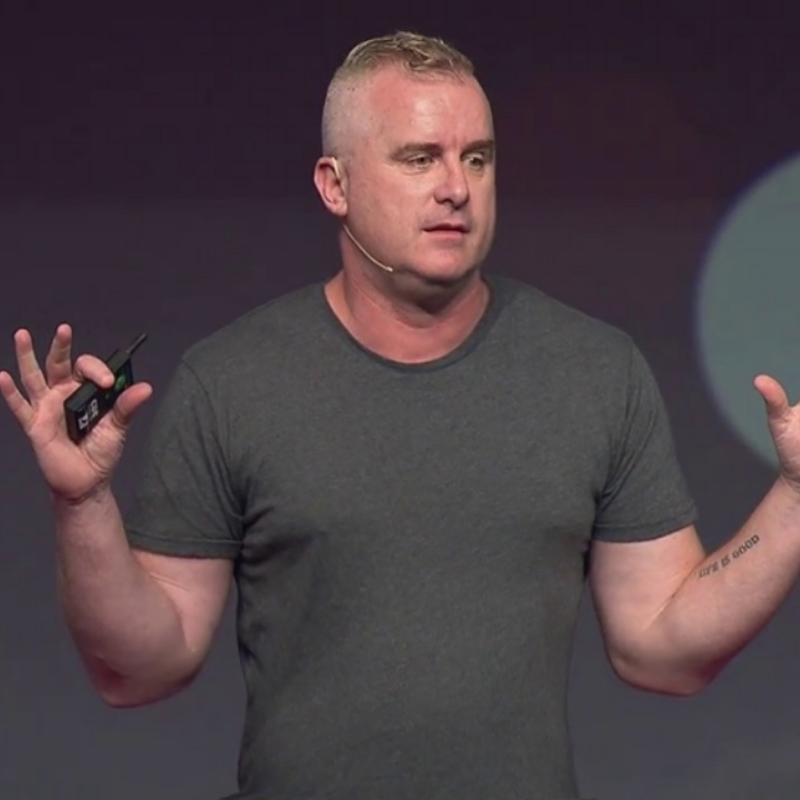You just know that smacking children is going to get a response. Everyone has an opinion on this, and because of the nature of it, those decisions are rarely half-hearted ones. But, as always, I just want to put across the science and then see how that fits into the real-world thinking of you guys.
A bit of background is probably useful here for younger readers. I was in high school in the late 1980’s, not all that long ago really. And during that time, I got smacked and hit with open hands, wooden rulers, bamboo canes, and specially custom-made leather straps, by Catholic Nuns and Christian Brothers, as well as ordinary lay teachers, quite often.
Just think about that for a minute. On the one hand the brutality of a man of God (supposedly), crafting a unique and ergonomic piece of leather into something that he would use for the specific, and only, purpose of hitting a child as hard as he could, somehow for the child’s benefit, is ridiculous and bordering on psychopathic.
But at least they had God on their side! I went to a Catholic school, where even the teachers who were just ordinary people (which, of course, the nuns and brothers were too) inflicted physical harm on the children every day as well, sometimes with their own uniquely-crafted weapons too.
And our parents were all for it!
Our parents literally gave the school permission – to give its employees the permission – to strike and hit and hurt their own children. What. The. Fuck?
There is no way that anyone will ever be able to justify that to me, but that doesn’t stop them trying, incuding even some of the people I went to school with, who were on the end of some of that punishment, dished out by virtual strangers, while we were supposedly in their care.
“It didn’t do me any harm.”
Every time I hear someone say, “well, I was smacked as a child and it didn’t do me any harm”, I think well, that’s the evidence right there that it did. If you have grown into an adult that believes that hitting – and hurting – a child is an appropriate way to relate to that child, it might just indicate that it has in fact had a lasting effect on you.
The truth of it is, if you were smacked as a child, you don’t know how you would have turned out if you hadn’t been smacked.
‘Smacking’ or ‘spanking’ children (which of course is a more pleasant euphemism than ‘beating’, which is what it really is) is now illegal in 29 countries around the world, after Sweden became the first country to ban it back in 1979. I don’t think anyone who has been to Sweden, or who knows Swedish people, would tell you that that place is full of out-of-control miscreants who obviously haven’t been smacked enough as a child.
My country, Australia, is still not one of the countries which has banned smacking children, although the practice is in serious decline.
The website, Belly Belly, makes an interesting point that, even though smacking is still legal in Australia, “if you hit a woman (or man) in Australia, you can be charged with assault or arrested. If you hit an animal, you can be charged with abuse or arrested. In a world where we’re trying to eliminate women, men and animals being hit and abused, we still smack our children, all the while, we’re teaching them not to hit?”
I see this a bit, where a father or mother stops their child hitting another child, hits their child, and while administering the ‘discipline’ is telling them not to hit that other boy or girl anymore. When you think about that, it’s as ridiculous as it sounds.
While writing a book a couple of years ago, I surveyed people on social media to get a sense of whether I am an outlier here or not. Now, even keeping in mind that people who follow me on social media (and therefore saw the link to the survey in the first place) may either have similar beliefs and values to me, or at least may have been influenced by my own unconscious bias, the results were pretty interesting.
1,259 people completed the survey in the 24 hours that it was live and online. 82% of people surveyed said they had been smacked by their parents when they were a child. Here’s where it gets interesting: of the people who said they had been smacked, 63% said they thought it was OK for their parents to have smacked them, but only 28% said they had smacked their own children, or intended to smack their future children.
So the majority of us think that it’s fine that we were disciplined in this way, but only a minority of us believe it’s how our children should be disciplined. Why?
The demographics of responders bears out as you might expect. The majority of those smacked by their parents when they were children are now aged 30 years and above, and the vast majority of those who said they had not, or will not, smack their own children are from the 18-29 year bracket.
Good news for kids born in the next few years.
My opinion on smacking children vs the science.
For me, there are 5 main reasons I will never smack any of my children.
1. If it’s OK to hit a child, then it stands to reason that it’s OK for you to get hit by an adult, and for that child to hit you when he or she is an adult.
2. There’s the size differential. Adults are about 7 times larger and heavier than the kids they are hitting. It’s like a 700kg person hitting me now.
3. It comes out of a lack of control, and you can’t smack someone moderately and identically the same each time, especially when you have lost control. You don’t know how hard you are hitting them because you are, by definition, out of control at that point.
4. People will say that it teaches discipline, but actually, it just teaches fear, and obedience through fear. That’s not discipline or respect, it’s just fear. And that’s abuse. Discipline is not punishment.
5. And lastly, and this is my favourite one, it doesn’t work. And that’s not my opinion, that’s SCIENCE. Many long-term studies have found that not only doesn’t it work, it can cause children to have long-term trauma-related issues later in life.
Murray Strauss, the Professor Emeritus of Sociology at the University of New Hampshire wrote in Science Daily, “more than 100 studies have detailed these side effects of spanking, with more than 90 percent agreement among them. There is probably no other aspect of parenting and child behaviour where the results are so consistent”, he wrote.
I already live with long-term trauma-related issues in my own life, so there’s no freaking way I am going to be responsible for any of them in my own kids.
Strauss also found that kids who are smacked have lower IQ’s than kids were not (Strauss, 2009).
According to a recent study (published just a few weeks ago) by Harvard researchers, smacking children has been linked to the development of mental health issues, anxiety, depression, behavioural problems, and substance use disorders (Cuartas, et al. (2021).
Not only that, they found that children who had been spanked had a greater neural response in multiple regions of the prefrontal cortex, including in regions that are part of the salience network. These areas of the brain respond to cues in the environment that tend to be consequential, such as a threat, and may affect decision-making and processing of situations.
As there often is with science, the study noted that these findings were not applicable to every child in the study, and therefore can’t be generalised across every child in every family.
“It’s important to consider that corporal punishment does not impact every child the same way, and children can be resilient if exposed to potential adversities,” said Cuartas. “But the important message is that corporal punishment is a risk that can increase potential problems for children’s development, and following a precautionary principle, parents and policymakers should work toward trying to reduce its prevalence.”
There is basically no upside to smacking children, but there is definitely an upside to not smacking them.
Not smacking a child means control of that child’s body and personal space remains their own. Children don’t give consent to an adult to hit them and invade that personal space, and so, when they hit a child, an adult is teaching a child that consent doesn’t matter, and isn’t important.
In the big picture, there are things that I want my children to tell me, in particular I want them to tell me if someone is infringing, or has completely dishonoured, their consent and personal space. If that happens, I don’t want to have already personally clouded the waters for them in terms of what’s OK and what’s not.
What do you think?
Photo by Michał Parzuchowski on Unsplash
References and Further Reading
Gershoff, E. T. (2013). Spanking and Child Development: We Know Enough Now to Stop Hitting Our Children. Child Development Perspectives, 7(3), 133–137.
Cuartas, J., Weissman, D., Sheridan, M., Lengua, L., McLaughlin, K. (2021). Corporal Punishment and Elevated Neural Response to Threat in Children. Child Development, 1.
Harvard University. (2021, April 12). Spanking may affect the brain development of a child. ScienceDaily.
Maguire, J. K., Gromoske, A. N., & Berger, L. M. (2012). Spanking and Child Development During the First 5 Years of Life. Child Development, 83(6), 1960–1977
Strauss, M. (2009). Study finds spanking affects children’s IQ. (2009). Work-Life Newsbrief & Trend Report, 5–6.















